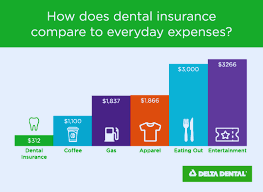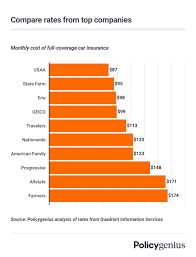Introduction:
In today’s gig economy, more individuals are embracing self-employment. While this offers freedom and flexibility, it also comes with unique challenges, particularly when it comes to health insurance. Understanding your options is crucial to ensure you have the coverage you need without breaking the bank.
Why Health Insurance Matters for the Self-Employed
Health insurance is not just a safety net; it’s a critical aspect of financial planning. Without coverage, a single medical emergency could result in overwhelming debt. For the self-employed, having adequate health insurance is essential to protect both personal health and business viability.
Types of Health Insurance for the Self-Employed
1. Marketplace Insurance
The Health Insurance Marketplace provides a variety of plans under the Affordable Care Act (ACA). As a self-employed individual, you can compare different plans based on premiums, coverage, and deductibles. Depending on your income, you may qualify for subsidies that can significantly lower your monthly premium costs.
2. Health Savings Account (HSA) Plans
HSAs are a great option for those looking to save for medical expenses while enjoying tax advantages. These plans typically have lower premiums and higher deductibles. Contributions to an HSA are tax-deductible, and funds can be used tax-free for qualified medical expenses.
3. Short-Term Health Insurance
If you’re in a transitional phase or are unable to commit to a long-term plan, short-term health insurance can provide temporary coverage. However, it’s essential to note that these plans may not cover pre-existing conditions and often have limited benefits.
4. Private Insurance Plans
Many private insurers offer comprehensive health plans tailored for self-employed individuals. While these may come at a higher cost, they often provide a wider range of services and benefits, making them an appealing choice for those who can afford them.
Factors to Consider When Choosing Health Insurance
1. Budget
Determine how much you can afford to spend on health insurance. Keep in mind that lower premiums often come with higher deductibles. Calculate your expected healthcare needs to find a plan that balances cost and coverage.
2. Coverage Needs
Consider your specific health needs, such as regular prescriptions or specialist visits. Make sure the plan you choose covers these services adequately.
3. Network Restrictions
Check the insurance company’s network of doctors and hospitals. Ensure your preferred healthcare providers are included to avoid unexpected out-of-pocket costs.
4. Plan Flexibility
Look for plans that offer flexibility in terms of coverage options. Some insurers allow you to adjust your plan based on changing needs, which can be beneficial as your business and personal circumstances evolve.
Tax Deductions for Self-Employed Health Insurance
One significant advantage of being self-employed is the ability to deduct health insurance premiums from your taxable income. This can lead to substantial savings. It’s advisable to keep thorough records of your expenses and consult with a tax professional to maximize your deductions.
Conclusion
Navigating health insurance as a self-employed individual can seem daunting, but understanding your options is the first step toward securing the right coverage. Whether you opt for Marketplace insurance, HSAs, or private plans, ensure you choose a policy that fits your budget and meets your healthcare needs. With the right health insurance in place, you can focus on what matters most—growing your business and maintaining your health.
Additional Resources
- HealthCare.gov – Explore health insurance options through the Marketplace.
- IRS HSA Information – Learn about Health Savings Accounts and their tax benefits.
- Self-Employed Health Insurance Deductions – A comprehensive guide on how to deduct health insurance premiums.
By staying informed and proactive, self-employed individuals can secure health insurance that provides peace of mind and financial security.








